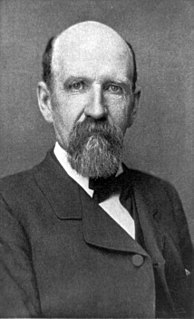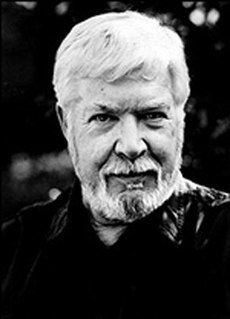A Quote by Hermann Broch
Those who live by the sea can hardly form a single thought of which the sea would not be part.
Related Quotes
There are no footprints on the sea and no road-signs, not a single guard-stone or post, and no bends, only paths of light and dark from which to choose, the choice is always a difficult navigation and the storm's wingspan immeasurable as the depths and the horizon, but the sea holds you in its mighty hand your life is a sea-blue tale of love and death.
To young men contemplating a voyage I would say go. The tales of rough usage are for the most part exaggerations, as also are the tales of sea danger. To face the elements is, to be sure, no light matter when the sea is in its grandest mood. You must then know the sea, and know that you know it, and not forget that it was made to be sailed over.
Whether in peaceful trade or warlike attack, the sea unites more than it divides. Even if it were possible to treat England, or the British Isles, as a single, homogenous, united nation, it would still be impossible to write its naval history without reference to the histories of the other nations, near and far, with which the sea has connected it.
Every time I look at it, It looks back at me I love the sea, its waters are blue And the sky is too And the sea is very dear to me If when I grow up and the sea is still there Then I’ll open my eyes and smell the fresh air Because the sea is very dear to me The sea is very calm and that’s why I like it there The sand is brand new and the wind blows in my hair And the sea is very dear to me.
This ego business has come from various sources, you know that, but it has to be cleansed out. Like when the river flows all kinds of dirt, filth flows into it, but when it meets the sea it becomes the sea. In the same way you have to become that. To become the sea what you have to do is to forget all these tributaries which were coming into you, and all these wrong ideas which came to you.
The sea is the source of water and the source of wind; for neither would blasts of wind arise in the clouds and blow out from within them, except for the great sea, nor would the streams of rivers nor the rain-water in the sky exist but for the sea ; but the great sea is the begetter of clouds and winds and rivers.
I had a role in developing the doctrine From the Sea, which was later modified to Forward From the Sea. But the way we looked at the situation was that the world we live in is a dangerous place. There's a violent peace out there, there are going to be problems over the horizon, and certainly that proved to be true.





































